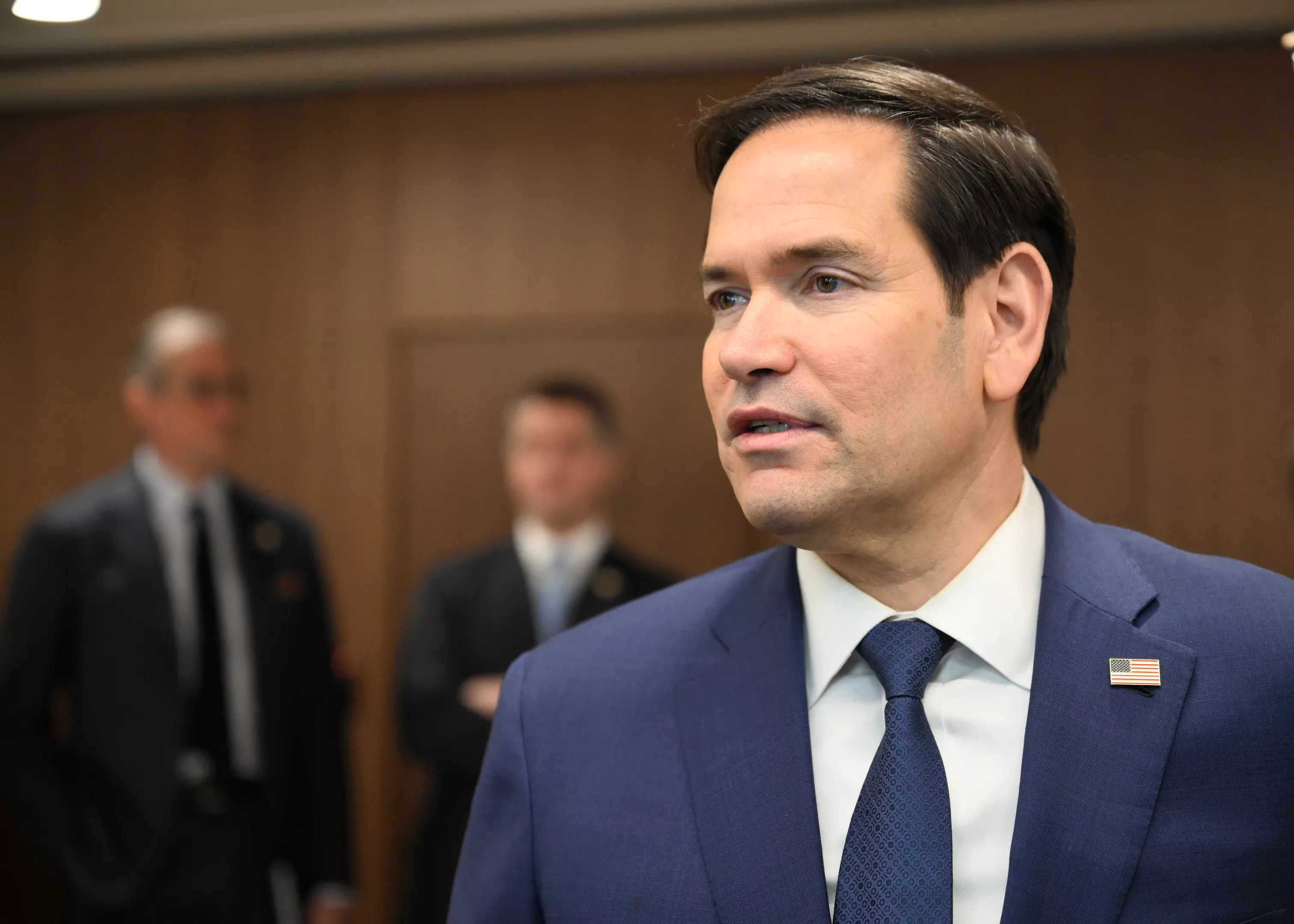
Photo by U.S. Embassy Jerusalem/Flickr

Audio By Carbonatix
Almost 40 years ago, a Cuban immigrant was arrested and convicted of distributing $15 million worth of cocaine as part of a major drug ring operating out of South Florida. The man stored kilos of cocaine in a spare bedroom inside his West Kendall home to later smuggle around the United States in cigarette cases.
During Miami’s Cocaine Cowboy era of the 1970s and ’80s, Orlando Cicilia played a major role in an international drug ring, using an exotic animal business as cover. Mario Tabraue, who would later allow spotted leopards to roam free inside his Coconut Grove estate, was the boss of the operation, but Cicilia was the frontman. In 1989, Cicilia was sentenced to 35 years in prison. He was released early in 2000.
Decades-old drug offenses, often much less serious than Cicilia’s charges, have come back to haunt immigrants living in South Florida as President Donald Trump unleashes his hard-line immigration agenda. Juan Erles González, a 56-year-old Cuban immigrant who served 18 months in prison for conspiracy to possess with the intent of distributing cocaine nearly two decades ago, now faces deportation. Back in July, 75-year-old Isidro Pérez died in U.S. Immigration and Customs Enforcement (ICE) custody after immigration officers picked him up at a community center and charged him with “inadmissibility pursuant to the Immigration and Nationality Act.” In the 1980s, he was convicted of marijuana possession and sentenced to 18 months in prison.
In July, 75-year-old Isidro Pérez died in U.S. Immigration and Customs Enforcement (ICE) custody after immigration officers picked him up at a community center and charged him with “inadmissibility pursuant to the Immigration and Nationality Act.” In the 1980s, he was convicted of marijuana possession and sentenced to 18 months in prison.
While the Trump administration is busy deporting immigrants with previous petty drug offenses, a member of the president’s cabinet, U.S. Secretary of State Marco Rubio, has a brother-in-law who served over a decade in prison on federal drug charges after emigrating to the U.S. from Cuba. His name? Orlando Cicilia.
When Rubio was 16, Cicilia, who is married to Rubio’s older sister Barbara, was arrested on federal drug charges for dealing cocaine. After Cicilia immigrated to Miami in 1972 when he was 15, he met Barbara in high school, and the pair started dating. Barbara ended up staying in Miami with Cicilia when Rubio’s father got a bartending gig in Las Vegas in 1979.
The Rubio family decided to move back to Miami two years later and temporarily lived at Cicilia’s home in West Kendall. The family, including 14-year-old Rubio, lived at the house around June 1985 until July 4. At that point, his brother-in-law played a significant role in the $75 million drug operation, right out of his home. One of Cecilia’s drug runners later testified at trial that he cut and stored massive amounts of cocaine in his spare bedroom between March 1985 and January 1986.
Rubio wrote in his memoir, An American Son, that he would visit the home every week to help care for their seven Samoyed dogs, all while his brother-in-law ran this prolific drug operation out of the house. He maintained that he and his family were not aware of Cicilia’s drug dealing at the time, although two law enforcement officials previously told New Times that they found it hard to believe.
“They paid me ten dollars a week for each dog I washed, and I used my earnings to buy tickets to all eight regular season [Dolphins] home games in 1985,” Rubio said.
Following the 1987 federal “Operation Cobra” sting, where federal agents seized the West Kendall home, a jury convicted Cicilia, Tabraue, and five others. Tabraue received a 100-year sentence, of which he served just 14 years. Tabraue was released in 2003 and opened an exotic animal farm in the Redland. Cicilia served just shy of 12 years of his 35-year sentence. Federal prosecutors never recovered the $15 million Cicilia supposedly made in drug sales from the operation.
After he was released in 2000, Cicilia got his real estate license with Rubio’s help. As the then-majority whip of the Florida House of Representatives, Rubio wrote a letter recommending that the Florida Division of Real Estate approve Cicilia’s application without disclosing the familial connection.
“I have known Mr. Cicilia for over 25 years,” Mr. Rubio wrote in the 2002 letter. “I recommend him for licensure without reservation.”
As the national media caught wind of Rubio’s brother-in-law’s drug smuggling past and the letter during his 2016 presidential campaign, Rubio avoided questions about the relationship. His brother-in-law routinely appeared on stage at Rubio’s rallies throughout his political career.
“Orlando made some very big mistakes almost 30 years ago, served his time, and has paid his debt to society,” Todd Harris, Rubio’s then spokesperson, told the Washington Post in a 2015 email. “Today he is a private citizen, husband and father, simply trying to make a living.”